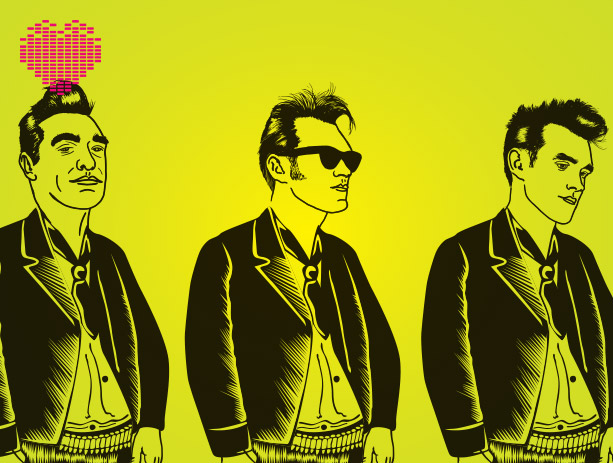
Mexico goes Morrissey: An unlikely iconic duo
"Entre Más Me Ignoras, Más Cerca Estaré"...
Mexico has had a torrid and passionate love affair with a tortured bad boy, a trope similar to many a telenovela or soap opera we’ve seen from the comfort of our own couches. This motif of falling for the dark and handsome one, chock-full of heartache, artsy angst, and plenty of hair gel, derives its popularity in fiction from its actuality in the “real world.” And, in the real world of Mexico, the bad boy that its people and their descendants in The United States that has captured their hearts is none other than British indie punk heartthrob, Steven Patrick Morrissey.
Morrissey, as he is commonly referred to, is at surface-level, quite possibly the least likely musical figure that a Mexican would revere. At age 57, Morrissey still embodies the sardonic persona and idiosyncratic aesthetic that made him a cultural icon and rebel in Europe and in The United States. Morrissey’s rockstar and Britpop image simultaneously embraces anti-machismo, pro-veganism, anti-drugs and pro-anarchy. He has often been described as a “depressed loner,” in many an article or concert review, but is often photographed tenderly caressing his cats, an indicator that the bad boy is really a huge softy on the inside (a trope we are also familiar with). The lyrics he wrote for The Smiths as their lead singer, and his successful singles are critically and even academically acclaimed as being groundbreaking for their imagery and “kitchen sink” realism, often depicting the lovelorn common man grappling with the concepts and experiences of death, rejection, and questions of national and cultural identity.
If you’ve ever heard The Smiths’ hits How Soon is Now, There is a Light That Never Goes Out, Last Night I Dreamt That Somebody Loved Me, Shakespeare’s Sister, Asleep (or my personal favorite, Girlfriend in a Coma), you would not automatically associate them with rancheras, corridos, mariachis, bandas, or boleros, for they seem like vastly different musical cultures and forms, never to coincide or to grow from one another.
But, Mexico has gone Morrissey, and has apparently gone this direction for a while now. This unlikely iconic duo and eclectic fusion of identity and instruments is manifested best in Mexrrissey, who we were lucky enough to be graced with on their No Manchester album tour at The Kimmel Center’s Perelman Theater this past Saturday, October 29th 2016. I had the privilege of being able to interview Mexrrissey’s Ceci Bastida, who cleared many of my own speculations and inquiries about how Morrissey was able to capture the hearts of Mexicans, and how he continues to inspire:
1) Why do you think the music and the legacy of Morrissey has been so popular amongst Mexicans and Mexican Americans? What about Morrissey and his work with The Smiths has made him stand-out in this population?
2) Who decided to begin the band Mexrrissey, and how has it evolved since its inception?Camilo Lara would be the band leader, I guess. He’s the one that reached out to me about this idea he had. He wanted to put together this band with different artists from Mexico that all have their own careers already, and get together to work on the songs. We started rehearsing and it was pretty magical. Everything flowed in a very organic way, we connected as a band from the very beginning and the more we play it obviously feels better.3) How have you blended the familiar elements of Morrissey into your cover songs so that they sound fresh, original, and most of all, linked to Mexican culture? What have been some of your favorite songs to perform? What are the crowd pleasers?
4) What are the challenges that arise when doing translation work to make English lyrics not only Spanish, but also “fit" with a set rhythm and chord progression?It’s been hard at times, but we decided not to do a literal translation, we changed things here and there, and added Mexican slang among other things. We made them [the songs] ours in a way. 5) Do you think that Mexrrissey will always stick to cover songs, or have you thought of writing original lyrics in the style of Morrissey/The Smiths?We haven’t really thought about doing original songs. We really are taking it day by day, and seeing what happens. We are all very busy with our own projects that if it works out, we will do more, but it has to be a natural process. 6) How do you see music's role (yours or in general) in increasing empathy for diverse experience, awareness of the other, and the spirit of cross-cultural acceptance? Do you think the need for this embrace has increased or decreased since the origin of Mexrrissey? If so, why?
7) In your opinion, who's the "next" Morrissey? Are there other contemporary “foreign” artists that have been inspirations and beacons of hope for the Mexican people?I don’t know if there is one in particular. We have access to new music every day, and it’s hard sometimes to connect fully with just one band because you are always trying to catch up! I just like that we have access to so much music from all over the world now, but a “next” Morrissey? Probably not. |


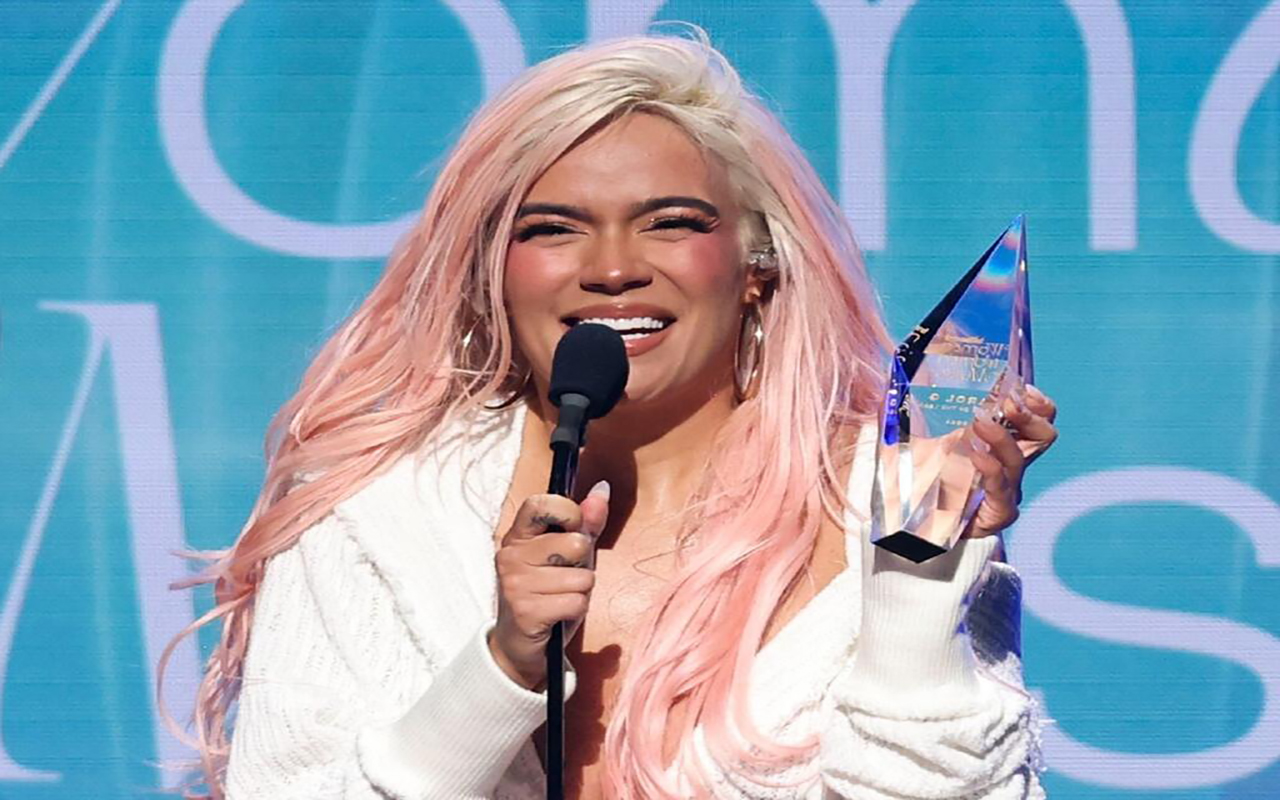
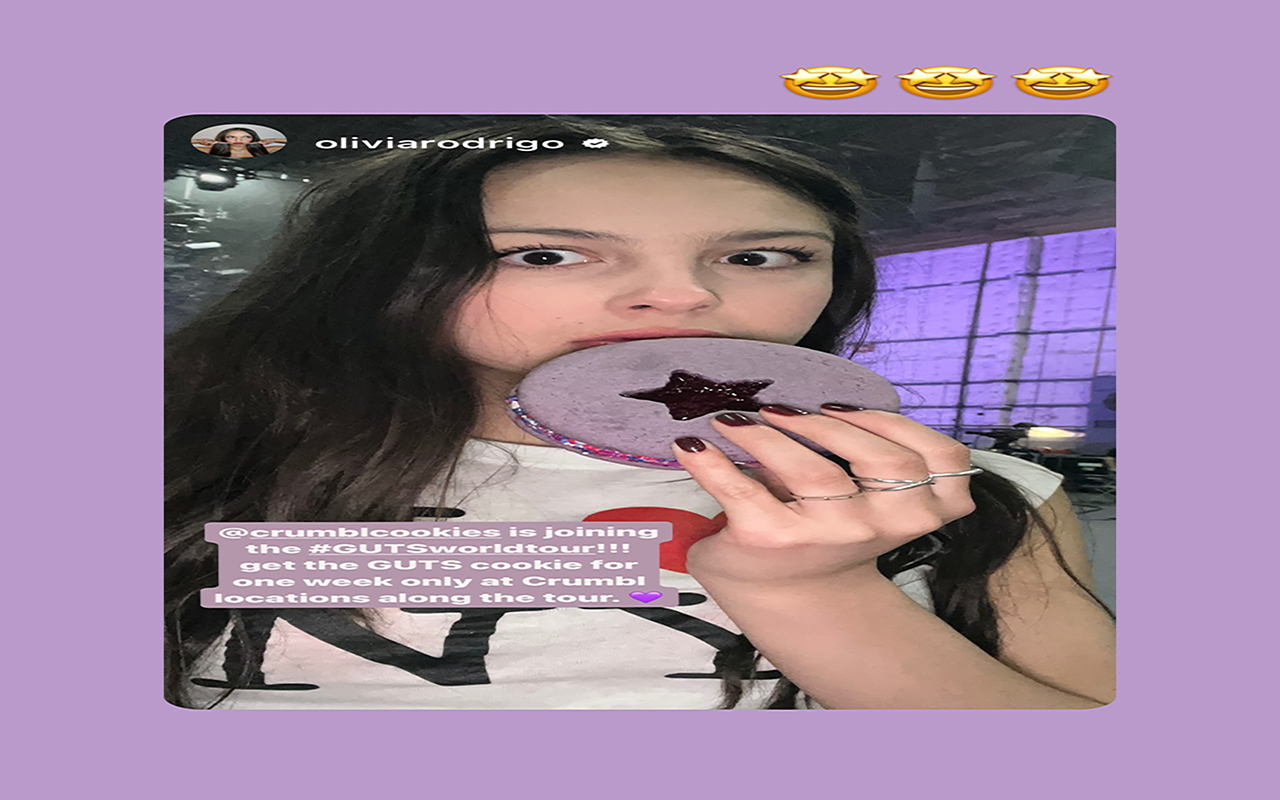

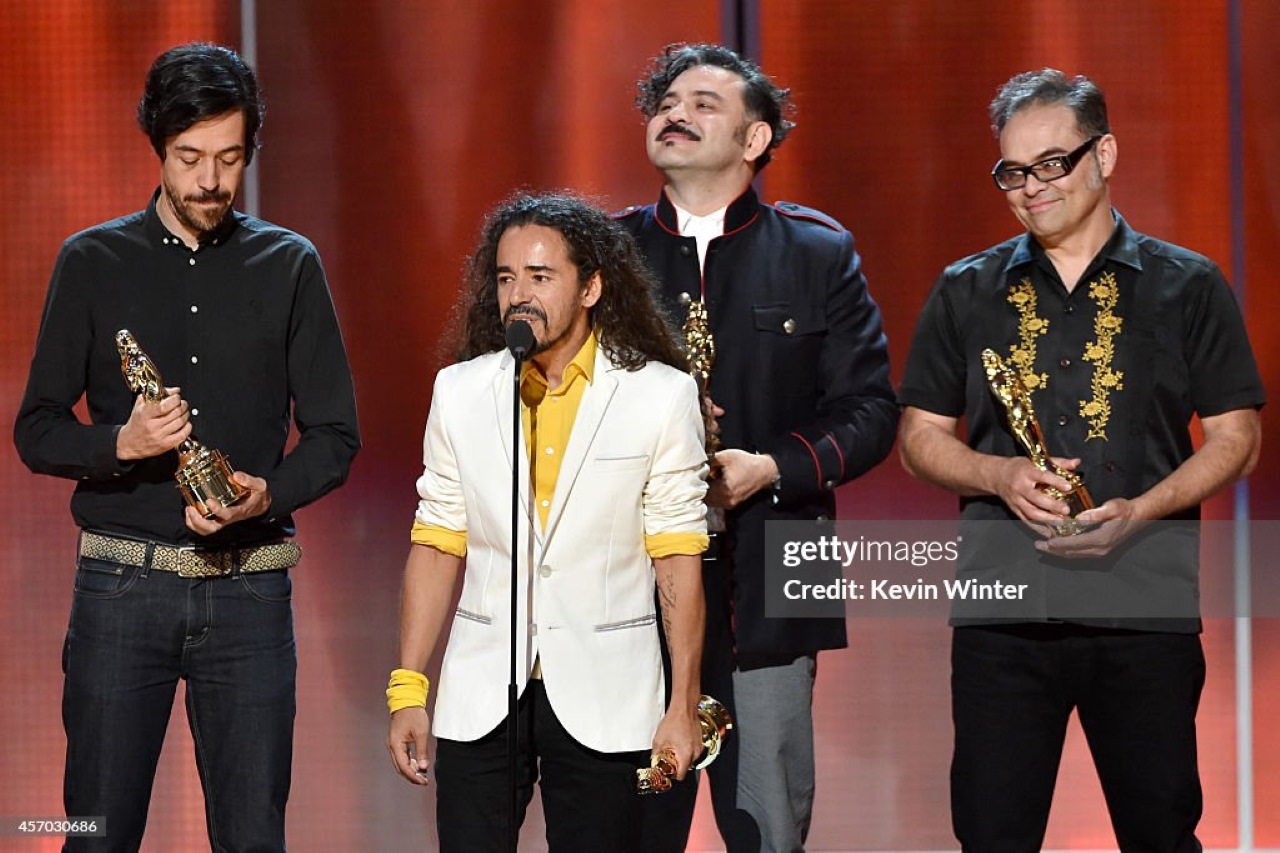

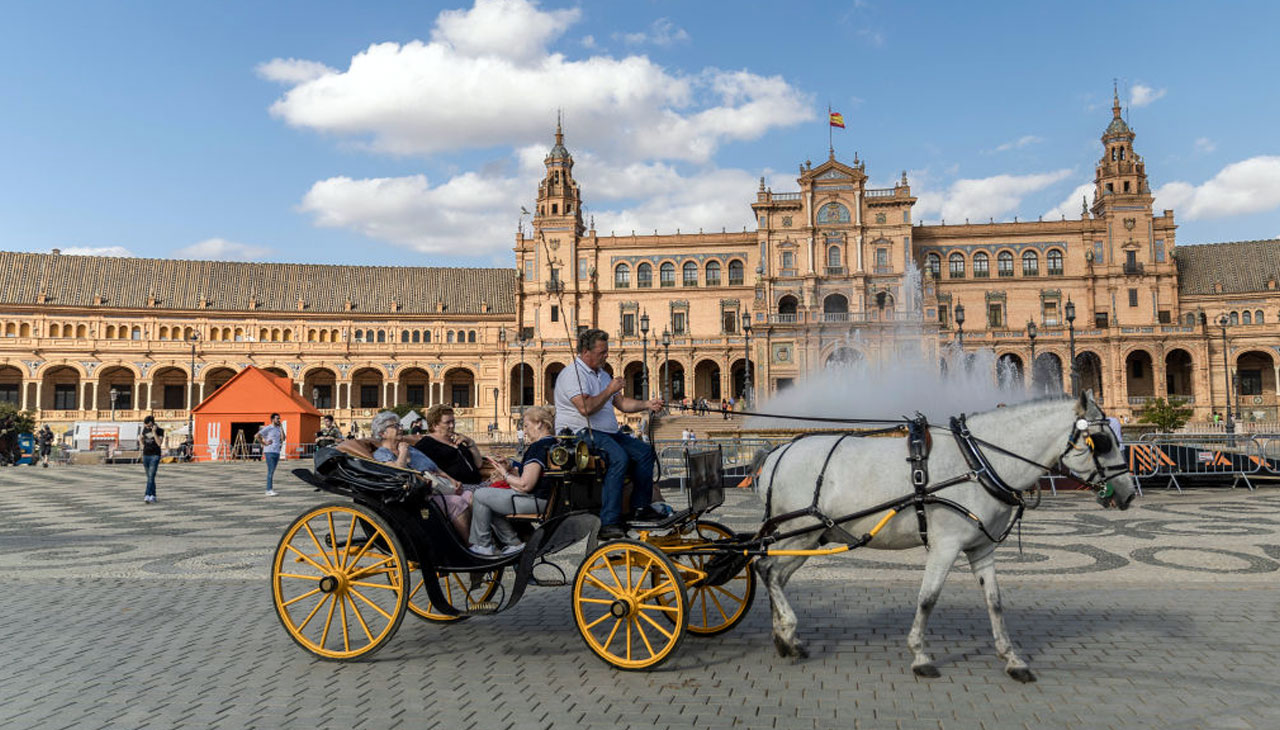

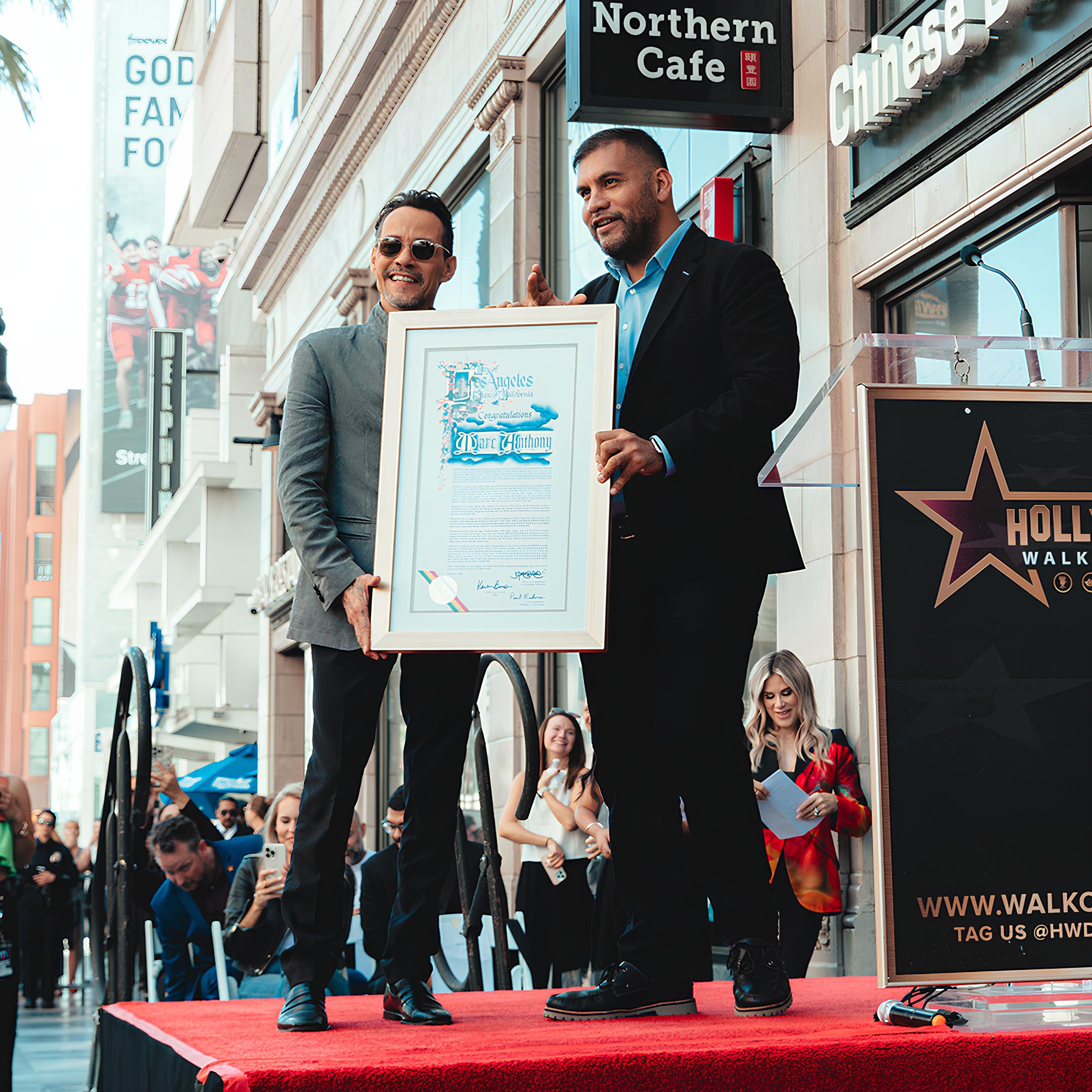
LEAVE A COMMENT:
Join the discussion! Leave a comment.